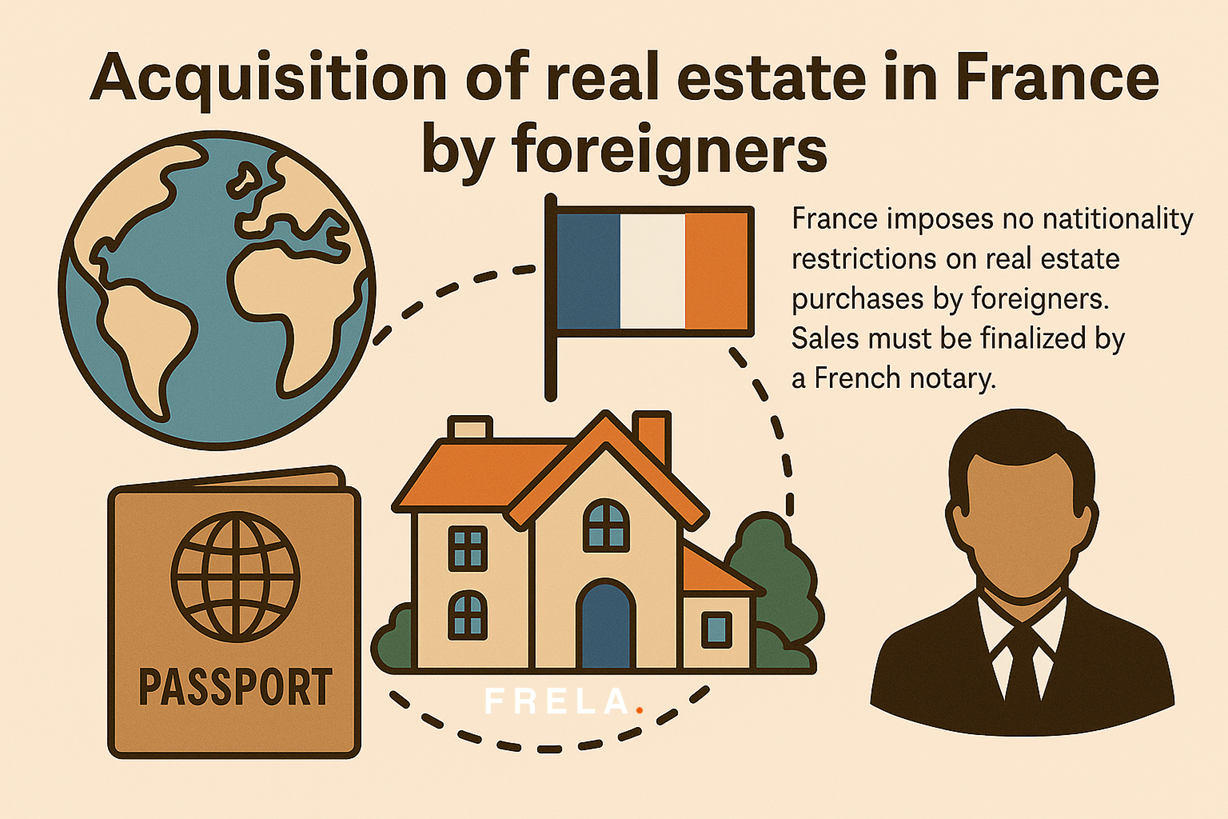Accessibility constraints in France : ERP
Public establishments, or ERP, are places where external individuals are welcomed, whether for commercial, leisure, service provision, or any other activity. Due to their significant attendance, these establishments are subject to strict regulations to ensure the safety and comfort of users. The regulations applicable to ERP are set by the Building and Housing Code, as well as specific standards depending on the nature of the activity carried out. It imposes obligations in particular in terms of accessibility, fire safety, and risk management.
For more details on ERP: https://entreprendre.service-public.fr/vosdroits/F32351#:~:text=The%20%C3%A9establishments%20receiving%20the%20public,free%2C%20restricted%20or%20on%20invitation


Accessibility of ERP
Law No. 2005-102 of February 11, 2005 on equal rights and opportunities has introduced an accessibility obligation for all public-receiving ERP, regardless of their activity. This obligation consists of enabling access to disabled persons, regardless of their type of disability, and ensuring their circulation in the establishment. Existing ERP have until January 1, 2024, to comply with accessibility rules, unless derogation is granted by the Departmental Security and Accessibility Consultative Commission (CCDSA). New ERP must be accessible from their construction or renovation.
Fire safety of ERP
Fire safety of ERP is governed by a set of regulatory texts that establish obligations in terms of prevention, protection, and intervention in case of fire. These texts include the Building and Housing Code, the amended Order of June 25, 1980, on fire protection in ERP, and the amended Order of June 22, 1990, on the safety regulations for the construction of ERP. ERP are classified into different categories based on their capacity and type of activity. Obligations regarding fire safety vary depending on the category to which the establishment belongs.
Risk management of ERP
ERP are also subject to a risk management obligation, consisting of identifying potential risks related to their activity and implementing preventive and intervention measures in case of an incident. This risk management obligation is notably provided for by Decree No. 2015-526 of May 12, 2015, relating to the obligation to implement a public accessibility register and amending various provisions relating to the accessibility of ERP and public transport for disabled persons.
The public accessibility register must contain information on the establishment’s accessibility, as well as preventive and intervention measures in case of an incident. It must be made available to the public upon request. In case of non-compliance with regulatory obligations, ERP may incur criminal penalties such as fines and imprisonment. Sanctions may vary depending on the severity of the offense and the category to which the ERP belongs. For example, for ERP of the 5th category (establishments receiving less than 200 people), the penalties for non-compliance with regulatory obligations are a fine of €450 for an individual and €2,250 for a legal entity. For ERP of the 1st category (establishments receiving more than 1,500 people), the penalties are much heavier. In case of failure to comply with fire safety, the manager of the ERP may be sentenced to two years’ imprisonment and a fine of €75,000.
In the event of a request for authorisation to build, develop or modify an establishment open to the public, an online form is available: https://www.formulaires.service-public.fr/gf/showFormulaireSignaletiqueConsulter.do?numCerfa=13824
Conclusion
ERP are subject to strict regulations to ensure the safety and comfort of users. Obligations regarding accessibility, fire safety, and risk management vary depending on the category to which the ERP belongs. In case of non-compliance with regulatory obligations, criminal penalties may be imposed. It is therefore essential for ERP managers to comply with current rules and ensure the safety of their users by seeking advice from a specialized lawyer.
About the Author :
Business lawyers, bilingual, specialized in acquisition law; Benoit Lafourcade is co-founder of Delcade lawyers & solicitors and founder of FRELA; registered as agents in personal and professional real estate transactions. Member of AAMTI (main association of French lawyers and agents).
FRELA : French Real Estate Lawyer Agency, specializing in acquisition law to secure real estate and business transactions in France.
Paris, 19 Rue du Colisee, 75008 Paris
Bordeaux, 78 Cours de Verdun, 33000 Bordeaux
Lille, 40 Theater Square, 59800 Lille





